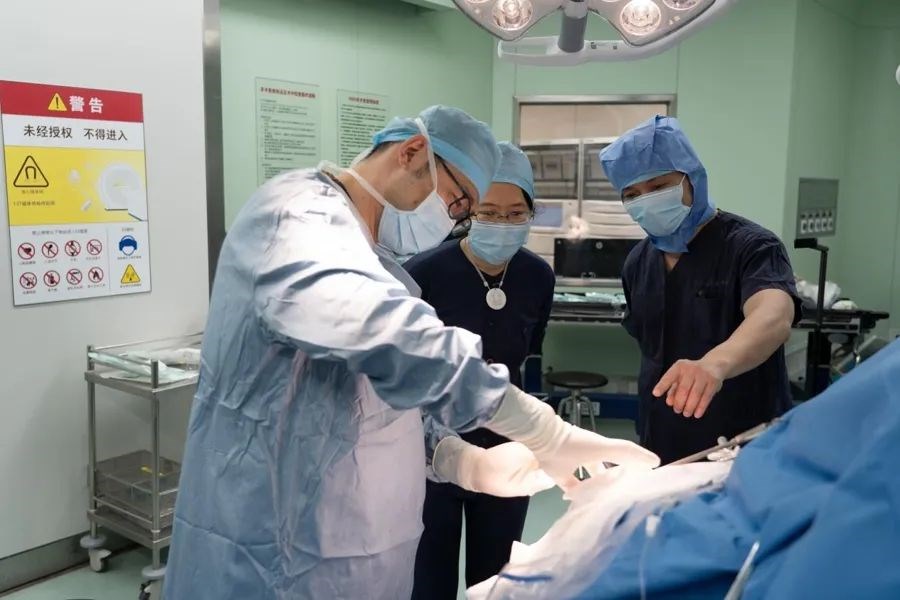
Shanghai-based Ladder Medical Technology, located in the Waigaoqiao area, has announced significant progress in its pioneering clinical trials of an ultra-flexible minimally invasive implantable brain-computer interface (BCI) system.
On March 25, a quadriplegic participant underwent BCI implantation surgery at Huashan Hospital. After just three weeks of training, the man could control a computer cursor with his mind, playing racing games, Gomoku (Five-in-a-Row), and other PC games with precision comparable to that of an average person using a touchpad—with performance still improving.
"These clinical trial results have met our expectations. We plan to complete trials on three to four participants this year, laying the groundwork for formal regulatory clinical trials next year," said Dr. Li Xue, founder of Ladder Medical.
Supported by Shanghai’s major science and technology initiatives, the company has become the world’s second invasive BCI firm to enter clinical trials, following Elon Musk’s Neuralink. Its independently developed ultra-flexible electrode implantation technology offers an innovative Chinese solution in this cutting-edge field.
BCI, a frontier neuroengineering technology enabling direct communication between the brain and external devices, holds vast potential in healthcare, rehabilitation, and education, making it a fiercely competitive global tech arena.
Compared to Neuralink’s electrodes, Ladder Medical’s design is smaller and significantly more flexible, minimizing the brain’s detection of the implant and greatly reducing risks of tissue damage and immune rejection.
Beyond cursor control, subjects may soon manipulate more devices. Ladder Medical is collaborating with partners to develop mind-controlled smart wheelchairs and robotic dogs. The company is also working with an embodied AI robotics firm, aiming to achieve BCI-controlled robotic arms and humanoid robots in the future—enabling multi-degree-of-freedom motion for people with limited mobility.
"We aim to be China’s first company to commercialize invasive BCI technology," said Dr. Li, expressing strong confidence in the trials’ prospects.
